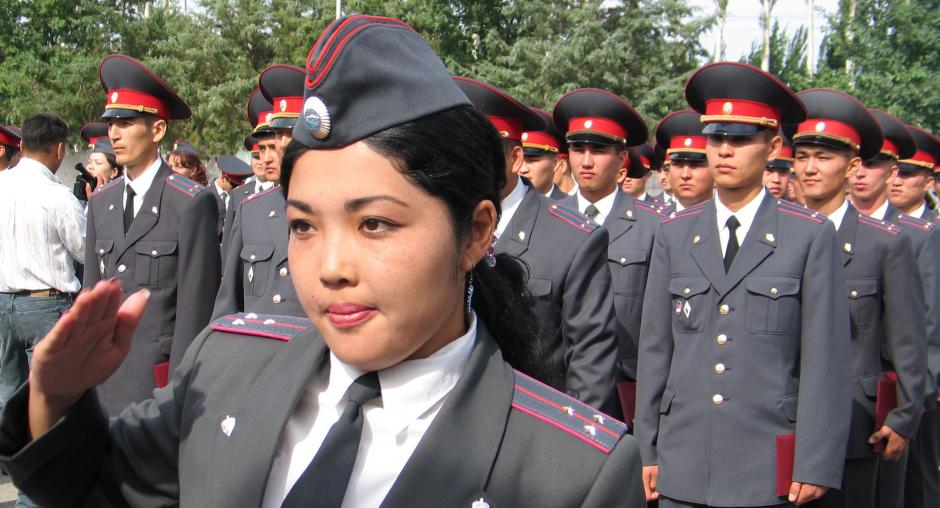Women, peace and security: participants of OSCE event in Kazakhstan say it’s time to move from theory to action

The OSCE Gender Section in co-operation with UN Women and the authorities of Kazakhstan held a two day-conference from 11 to 12 November 2013 in Almaty, Kazakhstan to put forth recommendations and share good practices in the implementation of the principles of the UN Women, Peace and Security agenda.
Some 100 participants from the OSCE region and beyond attended the event, including Saraswathi Menon, Director of the Policy Division of UN Women, and Gulshara Abdukalykova, Gender Adviser to the President of Kazakhstan. The conference offered an opportunity for representatives of government, non-governmental organizations and academia to learn from each other about the status and perspectives of practical implementation in their respective countries of UN Security Council Resolution 1325 on Women, Peace and Security, and subsequent resolutions.
The OSCE Secretary General Lamberto Zannier, in a video message to conference participants, expressed his concern about a gap that still exists between policy and practice: ”One reason, but not an excuse, for the slow implementation of Resolution 1325 could be the requirement it poses to fundamentally change the way we understand security. It is, however, time to rally political will and utilize the available experience and expertise, and bridge that gap.”
During discussions on current trends in the area of women, peace and security at the global and regional levels, Abdukalykova expressed support for an OSCE-wide Action Plan for the implementation of UN Security Council Resolution 1325.
Ambassador Miroslava Beham, OSCE Senior Advisor on Gender Issues, stressed the need for regional organizations to develop a framework for practical work on the women, peace and security agenda. “It is time to move from theory to action,” she said.
Professor Sharhrbanou Tadjbakhsh from the Institute of Political Sciences in Paris highlighted some factors that threaten security in Central Asia and have an impact on women, including competition over natural resources, the trafficking of drugs and extremism. These factors linked to national security issues affect women as they are often directed against them and create a sense of insecurity, she said. “This is why gender issues are not isolated but should be part of a wider security architecture.”
Government officials from Afghanistan, one of the OSCE Partners for Co-operation, also took part in the conference. They highlighted the importance of including women in post-conflict rehabilitation efforts in Afghanistan, and the need to educate girls in Afghanistan to enable their full participation in Afghan society.
